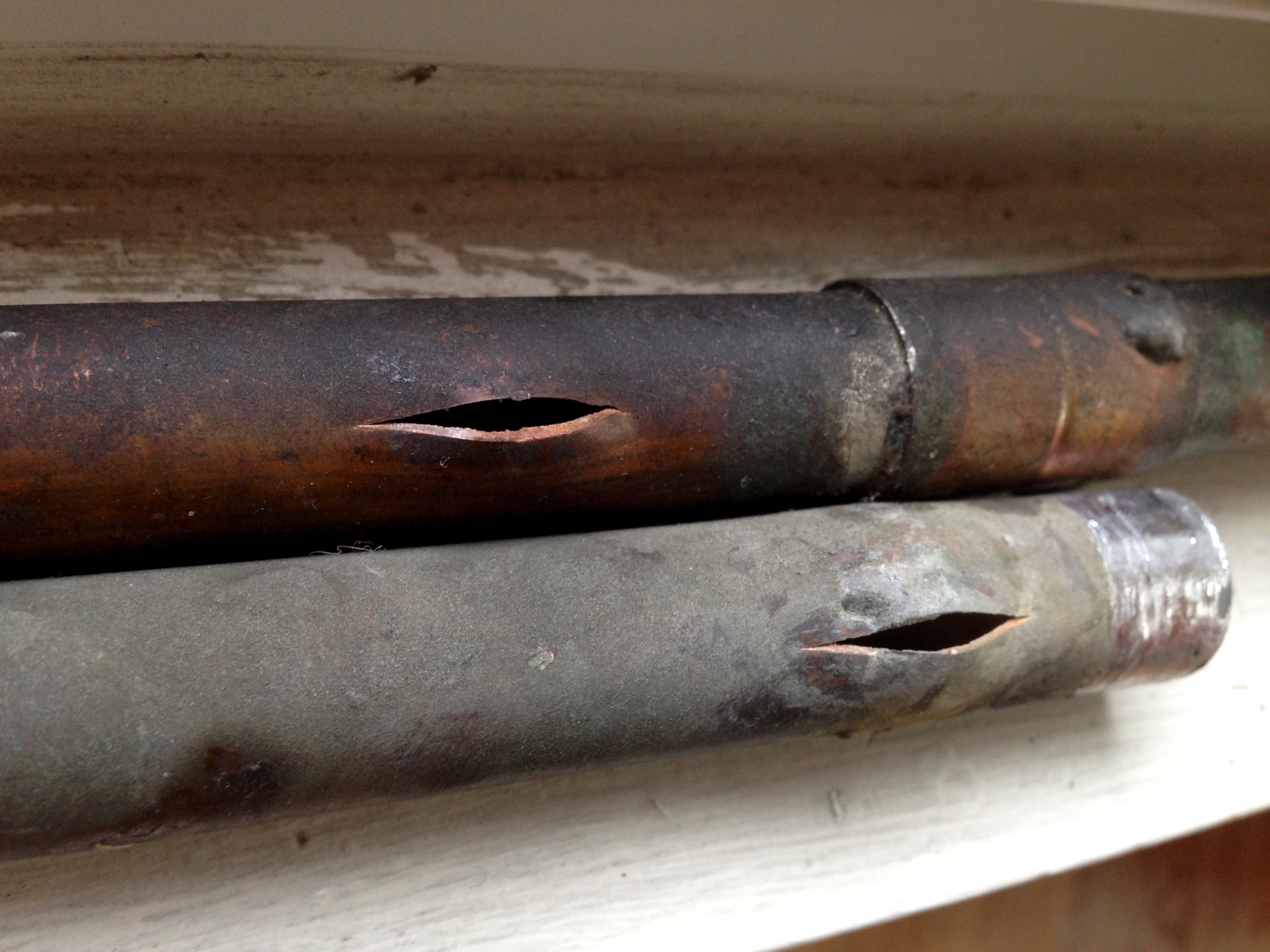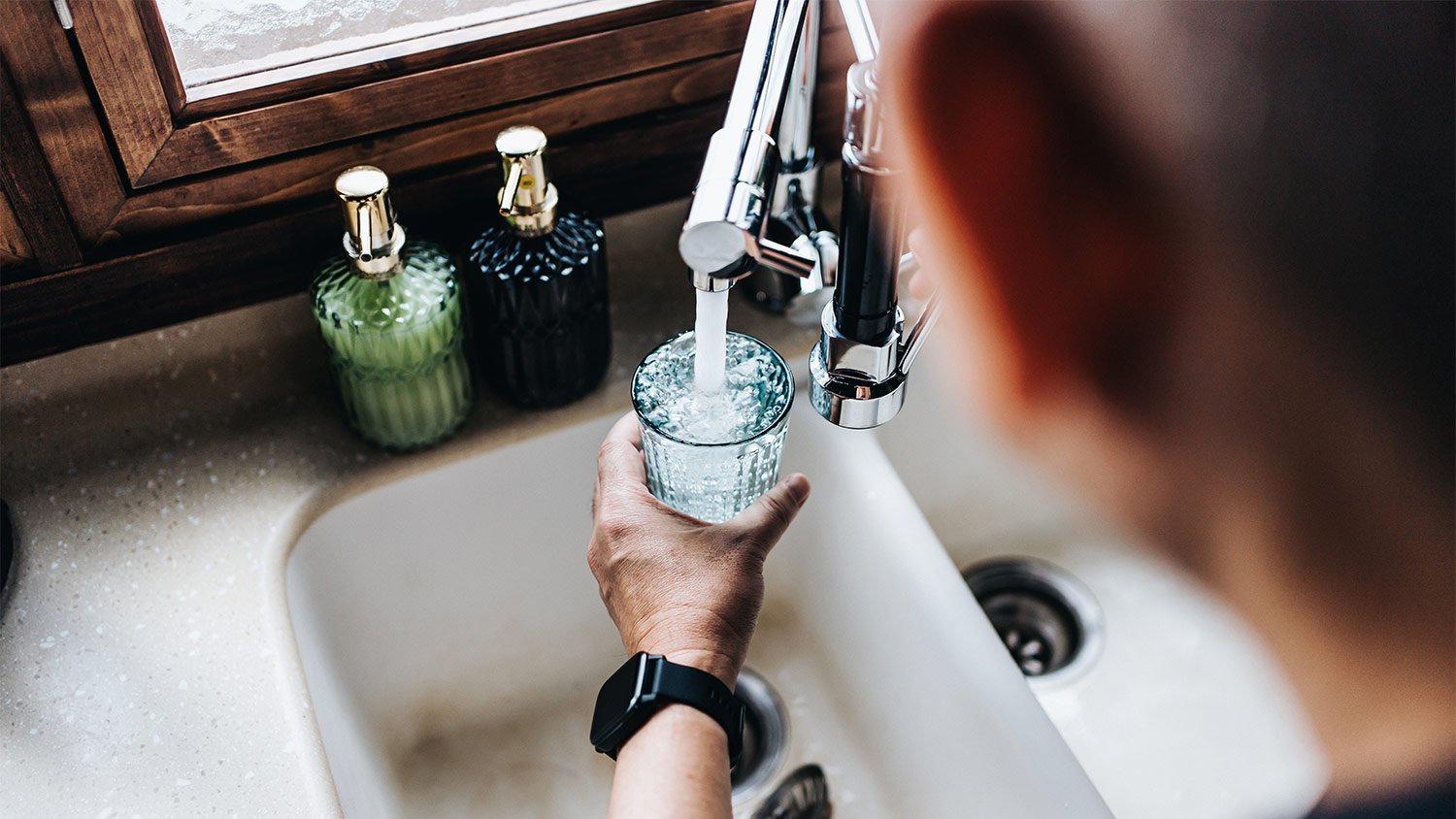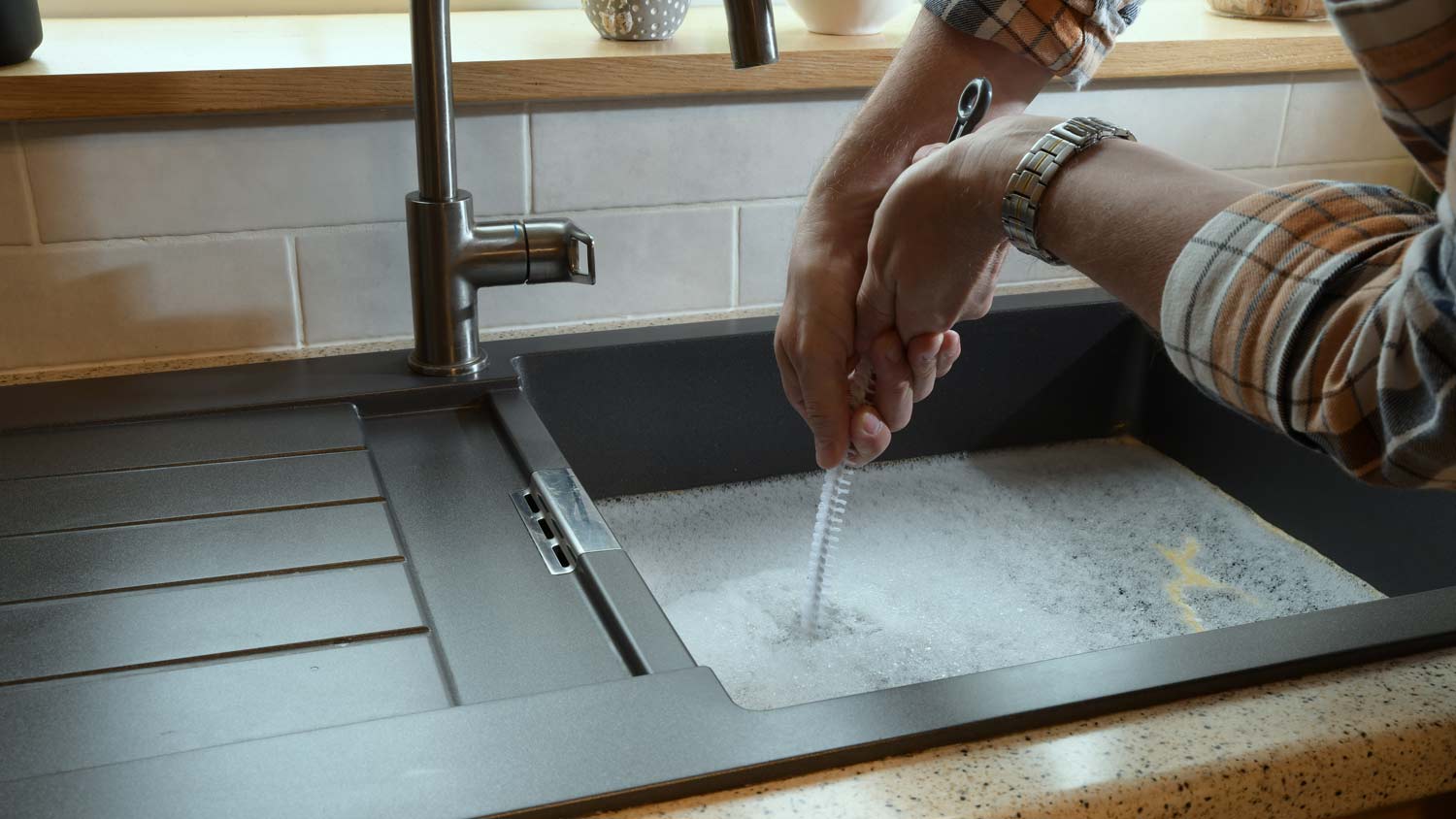5 Ways to Avoid a Sewer or Drain-Cleaning Scam
A clogged sewer pipe could leave you ripe for a drain-cleaning scam.


The abundance of unscrupulous entrepreneurs in the sewer and drain-cleaning business has led to an all-time low in trustworthiness for the industry. Here are five tips to avoid becoming the victim of a scam or unnecessary service for your sewer or drain.
1. Know how to spot the wrong questions
Some business owners prey upon the elderly and widowed. They train employees how to spot a susceptible candidate, and then teach them to ask questions such as “Is your husband at home?” or “Are you divorced?” When they get the answer they want, they descend upon their prey.
2. Watch out for “evidence”
Employees of dishonest company owners learn techniques to convince homeowners they have problems that are more serious than they actually are. Some travel in pairs. While one is upstairs getting information about the customer, the other is downstairs spreading dirt in specific spots that they'll say indicate the sewer pipe is broken and forcing the dirt up through the concrete.
This may seem silly to an expert since there is seldom enough pressure in a drain line (even one with backpressure due to a clog) to force water through a concrete slab. It definitely would never have enough force to send dirt through a solid slab.

Others carry bags of rocks for putting in the house traps or cleanouts so they are assured future stoppages in the line. After the second or third stoppage, they show the homeowner the rocks they “removed” from the pipe and say it must be damaged, and therefore the pipe needs to be jetted and video inspected.
3. Make sure you’re not watching a rerun
Video inspections and jetting can be valuable tools for our industry if used properly, but when put in unscrupulous hands, they can cause people misery.
Video cameras are useful in locating buried septic systems or inspecting the condition of buried pipes to determine proper maintenance schedules or the extent of necessary repairs. When the corrupt salesperson takes control of the camera, he may play a pre-taped inspection of a pipe in very bad condition and say it is your pipe.
Have the technician video tape something distinguishable to your house near your sewer cleanout. This will prove the camera is recording before he begins.
This will help you avoid unnecessary services such as high-pressure sewer jets. These are great at removing grease buildups or sand in the line, but too often scammers insist they're necessary and push them with a costly price tag. Usually a good snaking with an electric rotating cable will do the job just as well.
4. A few notes about liners
Liners are another popular product sewer cleaners sell these days. A liner is a cloth tube covered on one side with a layer of PVC, which is embedded with a two-part epoxy resin. Service providers then usually blow the liner into an existing pipe.
There are several problems with liners. First, they tend to cost as much as excavating the old pipe and installing a new pipe. Sales teams often pitch that the best thing about liners is that you don’t disturb landscaping through excavation. This is true, but you also don’t get a new pipe, and the landscaping usually will return to its original condition in less than a year.
Second, liners have been banned here in New York City because they reduce the inside diameter of the existing pipe. Liners are also only usable if the pipe is still round because they form to the existing pipe's shape. If a pipe is crushed, a liner isn't feasible.
Last of all, there have been reports of some liners failing and collapsing after a few years of service.
5. Remember the basics
Remember to check the background and research reviews of your sewer cleaning company. If someone is using fear of costly sewer-overflow damage (which in most cases can be avoided by immediately stopping water usage in the house) or pushing high-pressure sales techniques, take a step back and get a second opinion.
Editor's note: This is an updated version of an article originally posted on August 13, 2013.
Have you ever had to deal with a clogged sewer pipe? Tell us about the experience in the comments section below.





- What Are Your Options for Sewer Line Repair?
- What Is a No-Dig Trenchless Sewer Repair and Is It Worth It?
- Replacing a Sewer Line From Your House to the Main Line? Here Are 8 Things to Consider
- What Is a Trenchless Sewer Repair?
- How to Keep Your Sewer Sanitary Line Clean and Clear
- 6 Common Plumbing Problems in Older Homes and How to Solve Them
- How To Fix a Leaking Well Pipe On Your Own
- Sewer Line Replacement or Repair Costs
- Tips for a Successful Sewer Line Installation, Replacement, or Repair
- How to Clear a Main Sewer Line Clog Yourself in 7 Ways















